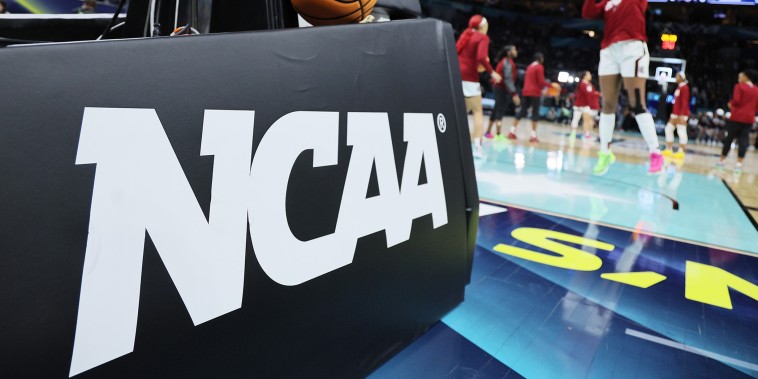Throughout the history of college sports in the United States, the issue of compensating student-athletes has been a contentious and long-debated topic. Recently, a groundbreaking settlement has been reached that could potentially alter the landscape of collegiate athletics forever. This settlement represents a significant shift in how student-athletes are viewed and how they are compensated for their contributions to their respective universities.
For years, student-athletes have played a crucial role in generating immense revenue for their schools through their performances on the field or court. However, they have often been denied the opportunity to benefit monetarily from their talents due to NCAA regulations and amateurism rules. The recent settlement recognizes the unjust nature of this system and paves the way for student-athletes to finally receive the compensation they deserve.
One of the key implications of this settlement is that student-athletes will now have the opportunity to profit from their name, image, and likeness (NIL) rights. This means that athletes can now capitalize on endorsement deals, sponsorships, and other commercial opportunities without risking their eligibility or violating NCAA rules. This is a monumental victory for student-athletes who have long been prevented from reaping the financial rewards of their athletic prowess.
Additionally, the settlement also ensures that student-athletes will receive fair and adequate compensation for their time and efforts. This includes providing athletes with stipends to cover living expenses, access to healthcare benefits, and other resources to support their overall well-being. By acknowledging the value of student-athletes’ contributions and providing them with the necessary support, universities can create a more equitable and sustainable system for collegiate athletics.
Furthermore, the settlement addresses the broader issue of equity and fairness within college sports. Student-athletes, particularly those from marginalized communities, have often been disproportionately affected by the existing amateurism model. By implementing new policies that prioritize the well-being and rights of student-athletes, universities can take a significant step towards creating a more inclusive and supportive environment for all athletes.
In conclusion, the historic settlement regarding the compensation of student-athletes represents a major turning point in the evolution of college sports in the United States. By recognizing the rights and value of student-athletes, universities are taking a positive step towards creating a more equitable and sustainable model for collegiate athletics. This settlement not only benefits current student-athletes but also sets a precedent for future generations of athletes to receive the compensation and support they deserve.
